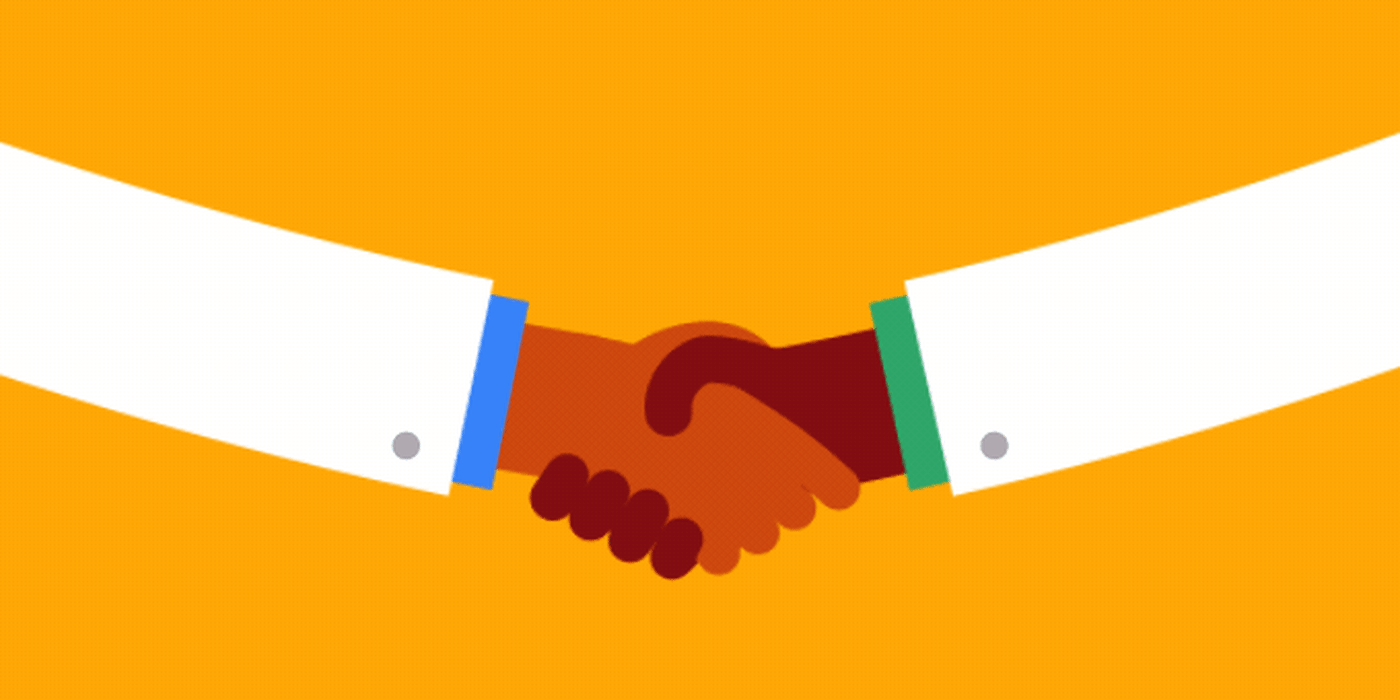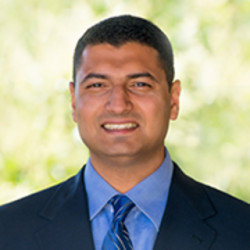While I am always in awe of how rapidly we have advanced scientific discovery, traveling to a conference reminds me of all the time we as physicians spend away from work and sometimes family in order to expand upon a life-long knowledge base. However, the innate need for human reconnection and mentorship is perhaps one of the most powerful forces that bring people together at medical conferences.
In 2022, the first truly “post-COVID” conference experiences allowed us to reconnect almost as naturally as before as we freely shared handshakes, high-fives, and hugs. It was once again easy to get lost in the crowd, until you saw your friend in that crowd, immediately sensing a long-awaited reunion.
At the end of the movie, Awakenings, Dr. Malcolm Sayer (played by Robin Williams) made a simple yet poignant statement: “As the chemical window closed, another awakening took place; that the human spirit is more powerful than any drug. And that is what needs to be nourished: with work, play, friendship, family. These are the things that matter. This is what we'd forgotten - the simplest things.”
Conferences bring together leaders and followers in a harmonious cycle of growth. Mentees may eventually become mentors themselves, but the most effective mentors never stop looking for opportunities to become mentees again, habitually evolving their skillsets.
Dr. Phull re-connecting with one of his oncology/research career mentors of over 12 years, Dr. William Miller.
How many of you met up with prior mentors at conferences, in order to evaluate your ongoing development by a well-delineated benchmark of success? How many of you plan to bring those lessons back to your respective institutions and mentees to “pay it forward”? Here are some helpful tips for both mentors and mentees to seek more natural opportunities for mutual benefit and meaningful connection at conferences.
Mentees DOs and DON’Ts:
- DO plan ahead with your mentor to set up meetings prior to the conference
- DO attend sessions and events where your mentor may be moderating or giving a presentation
- DO be conscientious and respectful of your mentor’s time and commitments
- DO dress appropriately for the occasion, whether it is a moderated session, walk out on the town, formal dinner, cocktail bar, or morning coffee
- DON’T be demanding or inflexible
- DON’T encroach on personal space or relationships, unless invited to do so
- DON’T perceive the lack of prolonged “hang out” time as personal
- DON’T take away opportunities for other colleagues to get mentorship
Mentors DOs and DON'TS:
- DO create opportunities and schedules for meetings with mentees ahead of time
- DO give undivided attention to the mentee, privately and one at a time
- DO model the skills of active listening, empathy, and encouragement to your mentee
- DO help your mentee make vital connections and networking
- DON’T hesitate to mingle work and play, if and when appropriate
- DON’T feel bad to say “No” if the schedule is tight, but aim to follow-up with your mentee at a future time
- DON’T overcommit your personal time
- DON’T consider yourself above the need to get mentorship of your own
It is more important than ever to foster ongoing mentorships in science and medicine. We will all eventually hand down the torch one day to the next wave of aspiring physicians who may not be as enthralled by generational templates or definitions for success such as grit, sacrifice, or a "nose to the grindstone" mentality without a sense of true purpose, meaning, and direction. This generation of young people and trainees have different values, priorities, and the fearless but rational ability to ask "Why?" to figures of authority. Therefore, the mentee and mentorship relationship will itself naturally need to evolve to accommodate this paradigm shift.
In the era of post-COVID corporate or health system “wellness initiatives” to address physician burnout, attending a medical conference can come far closer to attaining some level of genuine "work-life balance" without it feeling like a contrived experience of forced wellness. Meaningful mentorship can help one derive a true sense of purpose and growth which rings true and genuine, just like Robin Williams’ words about “nourishing the human spirit with work, play, friendship, and family.”
Dr. Phull is employed by Palomar Health Medical Foundation. He is a contracted speaker for Karyopharm, Sanofi, AVEO, and Mirati therapeutics.
Animation by Diana Connolly







